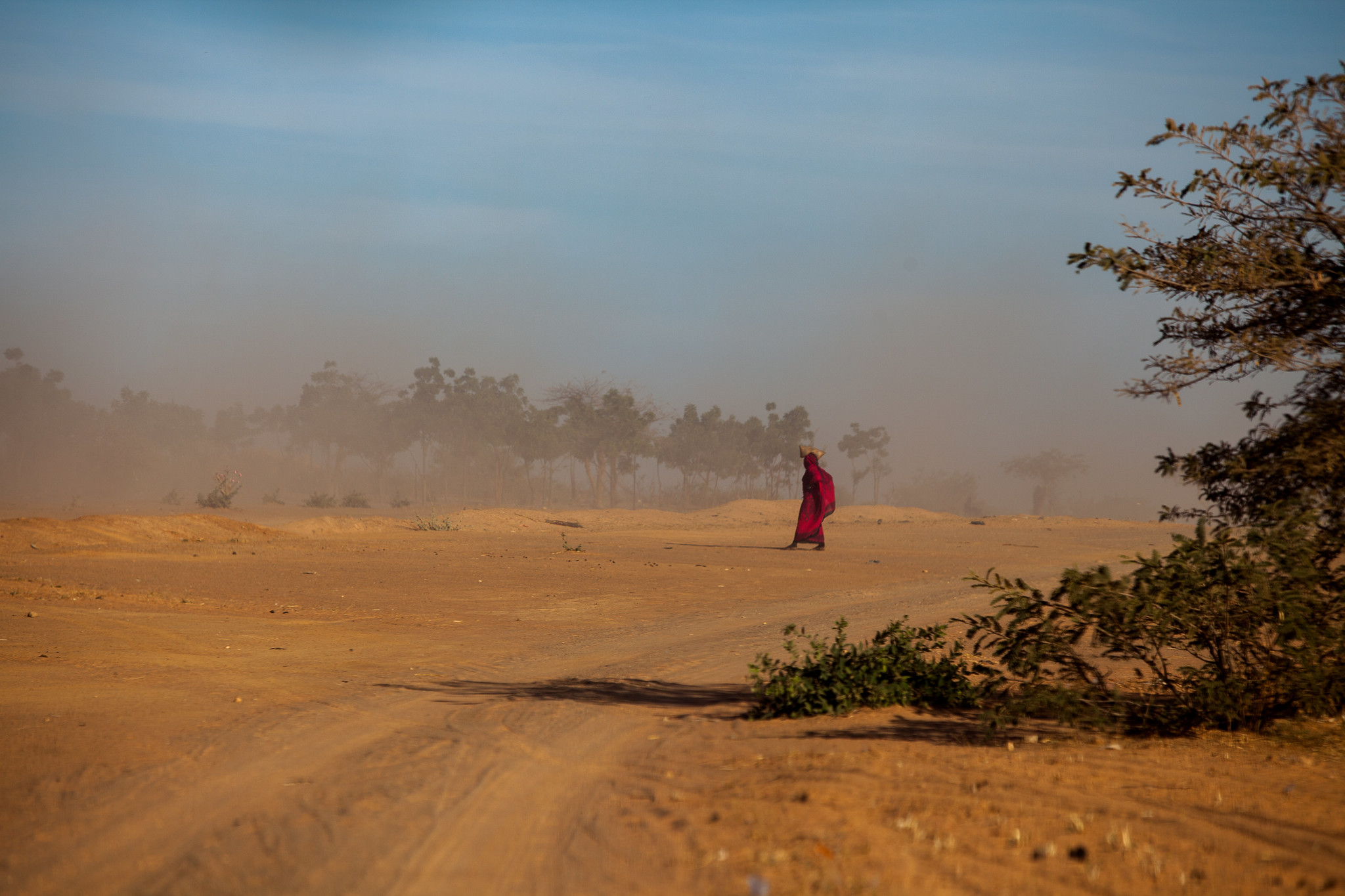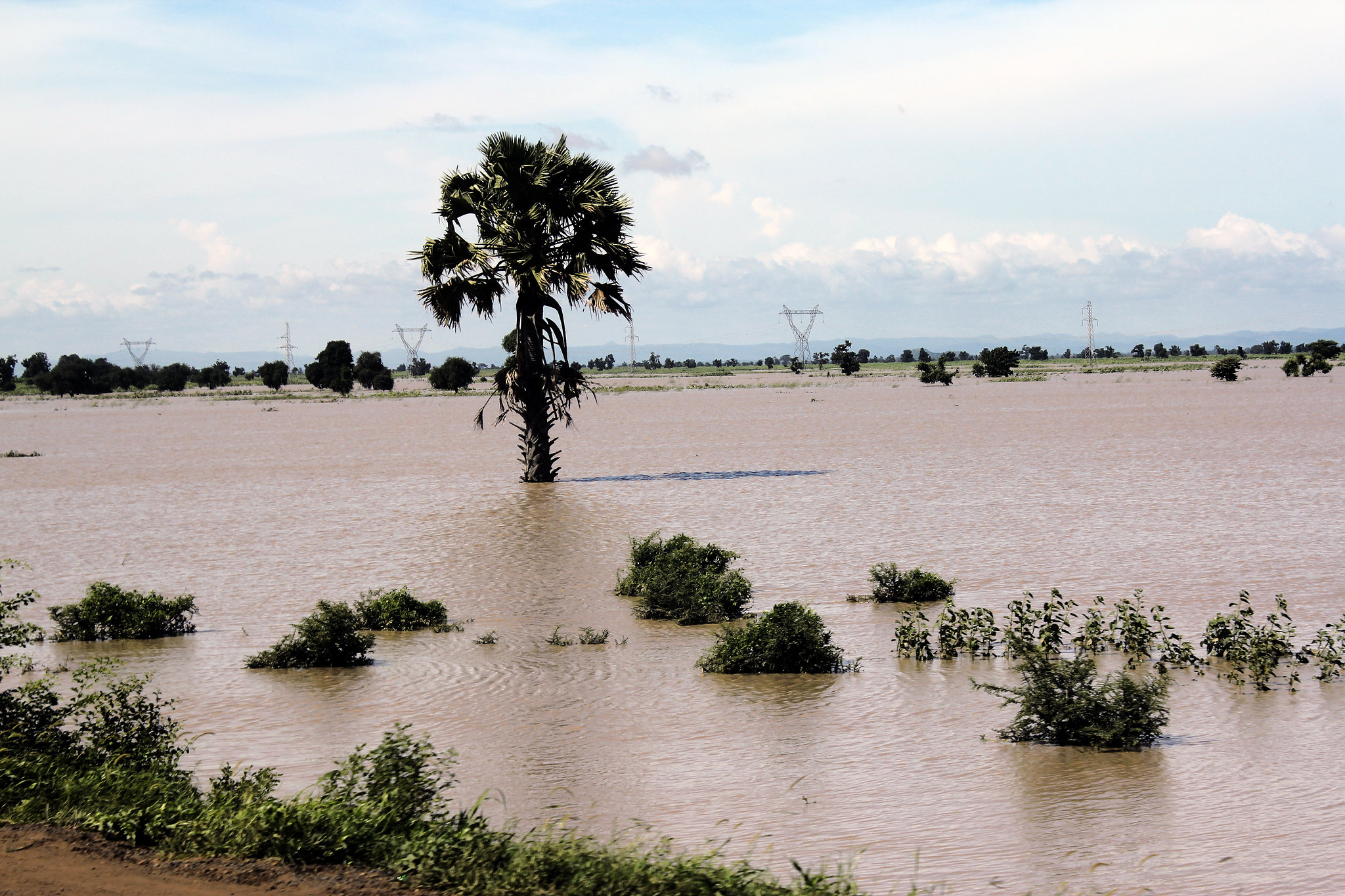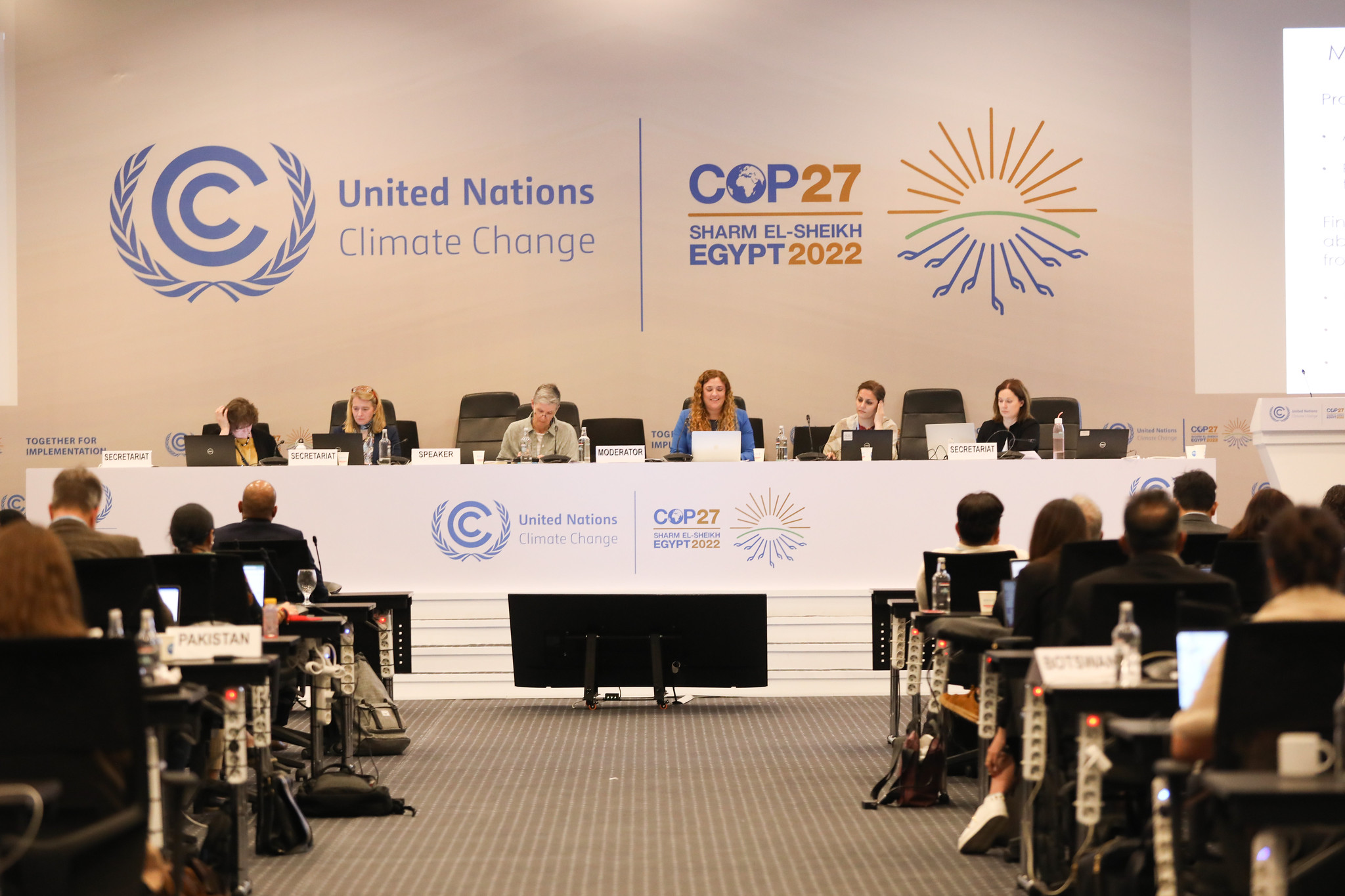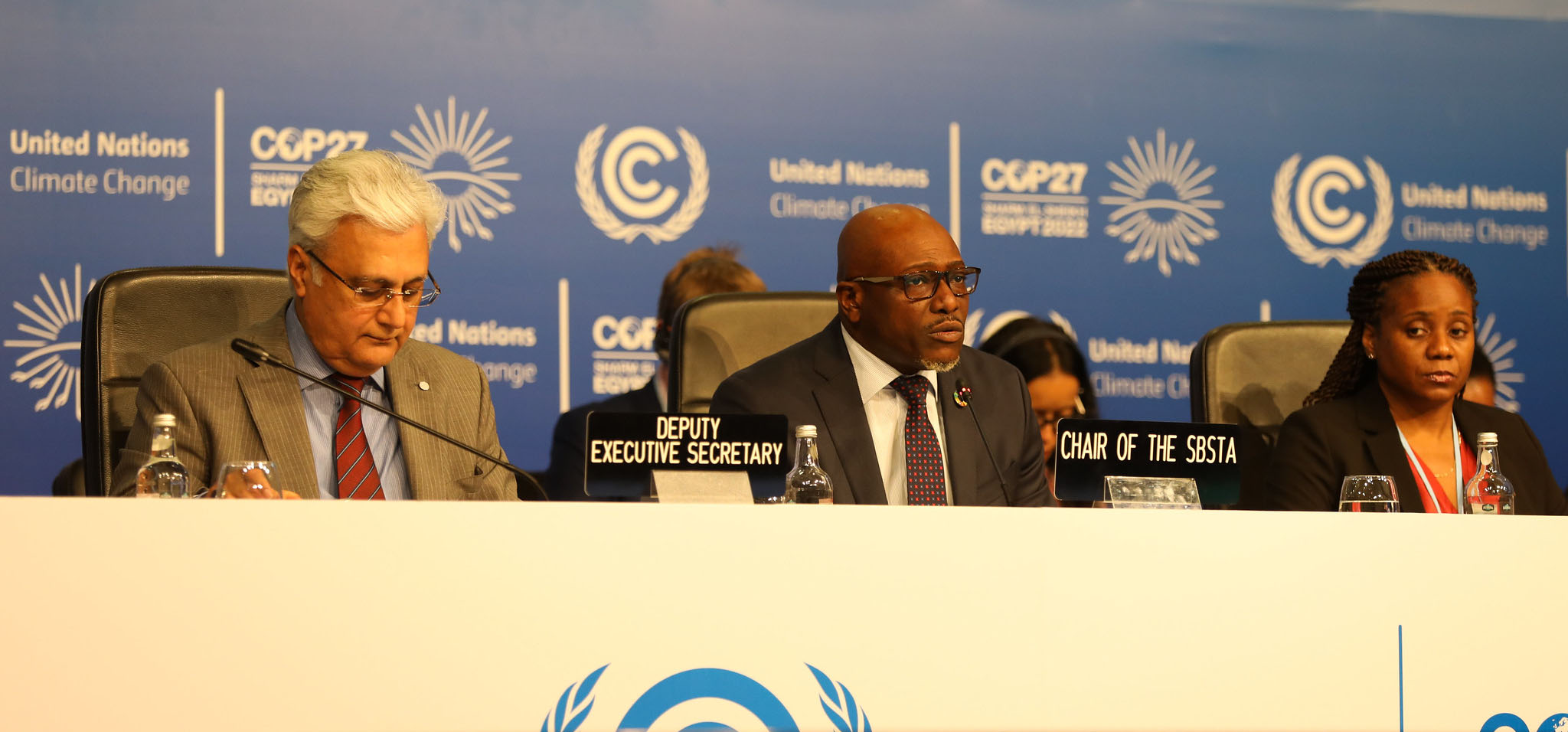Young people across Africa are mobilising in the fight against climate change. This is beginning to be recognised at the highest level of politics, but without continued support, the problems they face will only multiply writes Eyo Eyo.
In March 2023, the Intergovernmental Panel on Climate Change met in Interlaken, Switzerland to complete its Synthesis Report, a key document charting the progress of the Paris Agreement. During the session, António Guterres, the UN secretary general, appealed to young climate leaders worldwide to step up their efforts and push for more action on climate change. He also stressed that the steadfast belief of young people in a greener future will be crucial to achieving our climate objectives, breaking the world’s dependence on fossil fuels, and ensuring climate justice.
The panel set up to advise Guterres on this issue, the Youth Advisory Group, includes Fatou Jeng, a climate activist from The Gambia in Africa, as one of its seven members. In the context of the challenges that young people from Africa face in their efforts to tackle climate change, such as insufficient resources, funding, and inadequate political backing, the inclusion of Fatou Jeng on the panel must be acknowledged as a victory. It is also recognition of the endeavours of African youth in the fight against climate change and hence, should be applauded.
The Youth Advisory Group on Climate Change set up by the Secretary-General aims to provide him with useful and actionable advice, a wide range of youth perspectives, and concrete recommendations that can help facilitate the implementation of his climate action agenda. The focus is on ensuring outcomes that will make a real difference in the battle against climate change, with young people playing a central role in the process.
The Group will be responsible for seeking input and gathering viewpoints from each member’s continent and various other global youth networks when providing recommendations to the Secretary-General.
Implications for Africa’s climate cause
Climate change impacts have been most heavily felt on the African continent. Even though Africa has contributed very little to global greenhouse gas emissions, the continent is very vulnerable to the negative effects of climate change when compared to the other continents around the world. A United Nations Environment Programme report states that the cost of adaptation to climate change for Africa could be as high as £40.1 billion by the end of 2050.
With about 60 per cent of its 1.25 billion inhabitants aged under 25, the African continent has the youngest population globally. Its youth are the ones who will bear the real brunt of the consequences of climate change. It is therefore crucial that African youth are engaged in conversations and decision-making processes about adaptation and mitigation, both on their continent and globally. Their distinct views and experiences are invaluable in achieving a more sustainable future.
What must have certainly caught the eye of the UN secretary general, are some of the bold initiatives led by the young climate activists from the continent in a bid to stem the tide of the negative effects brought on by the changing climate.
Senegal’s Yero Sarr, South Africa’s Raeesah Noor-Mahomed, Uganda’s Vanessa Nakate, Morocco’s Fatna Ikrame El Fanne, Tunisia’s Ahmed Elhadj Taieb, the Democratic Republic of Congo’s Remy Zahiga, Uganda’s Dixon Bahandagira, and Kenya’s Winnie Cheche are among the notable African youth who remain resolute in challenging the status quo with creative solutions that can boost development alongside sustainability endeavours.
This is besides the work of other established groups such as The African Youth Initiative on Climate Change (AYICC) and African Youth Climate Hub. These initiatives are helping young people get involved, feel empowered, and take action on environmental change in their communities. The programmes led by these groups involve training sessions, dialogue meetings, and distinct campaigns, to help support young people achieve their climate goals.
Despite this support, Fatou Jeng, the climate activist selected to be part of the UN Secretary-General’s Youth Advisory Group on Climate Change, has her work cut out.
In 2017, Fatou established Clean Earth Gambia an organisation focused on the climate that is led by young people with most of its operations at the local level. This organisation has inspired numerous young Gambians to act and has mobilised them to support vulnerable communities in building resistance to the impacts of climate change. This has further strengthened individuals in their efforts to overcome the challenges of cultivating sustainable lifestyles.
Support for the Youth Advisory Group’s representative
All relevant government bodies, political organisations, climate campaigners and advocacy groups in Africa must now rally to support Africa’s representative and her team on the UN’s Youth Advisory Group. All forms of assistance must also be extended to the brilliant youth who are already demonstrating their commitment to fighting the cause across the continent.
African governments and political agencies should help Fatou and her cohort of young climate campaigners to amplify the message and reach a much wider audience. This will help the young people in gaining visibility for the climate cause.
When called upon, sufficient funding should be provided to support the campaign and raise awareness on the frontlines. Capacity building and training is also required through mentorship opportunities.
Young climate campaigners who are already experienced political actors and activists should share their knowledge and expertise on climate science, policy, and communication to enable the development of the skills of those new to the cause.
Conducive environments and platforms for engagement should be provided by political organisations, and advocacy groups for the young campaigners to engage with scientists, policymakers, and other stakeholders to share their ideas and concerns for addressing the climate crisis. Without this collaborative approach, the effects of climate change on Africa’s youth will only be exacerbated.
Photo credit: The Verb used with permission CC BY-NC 2.0






Goodday, please how do Ijoin the movement?